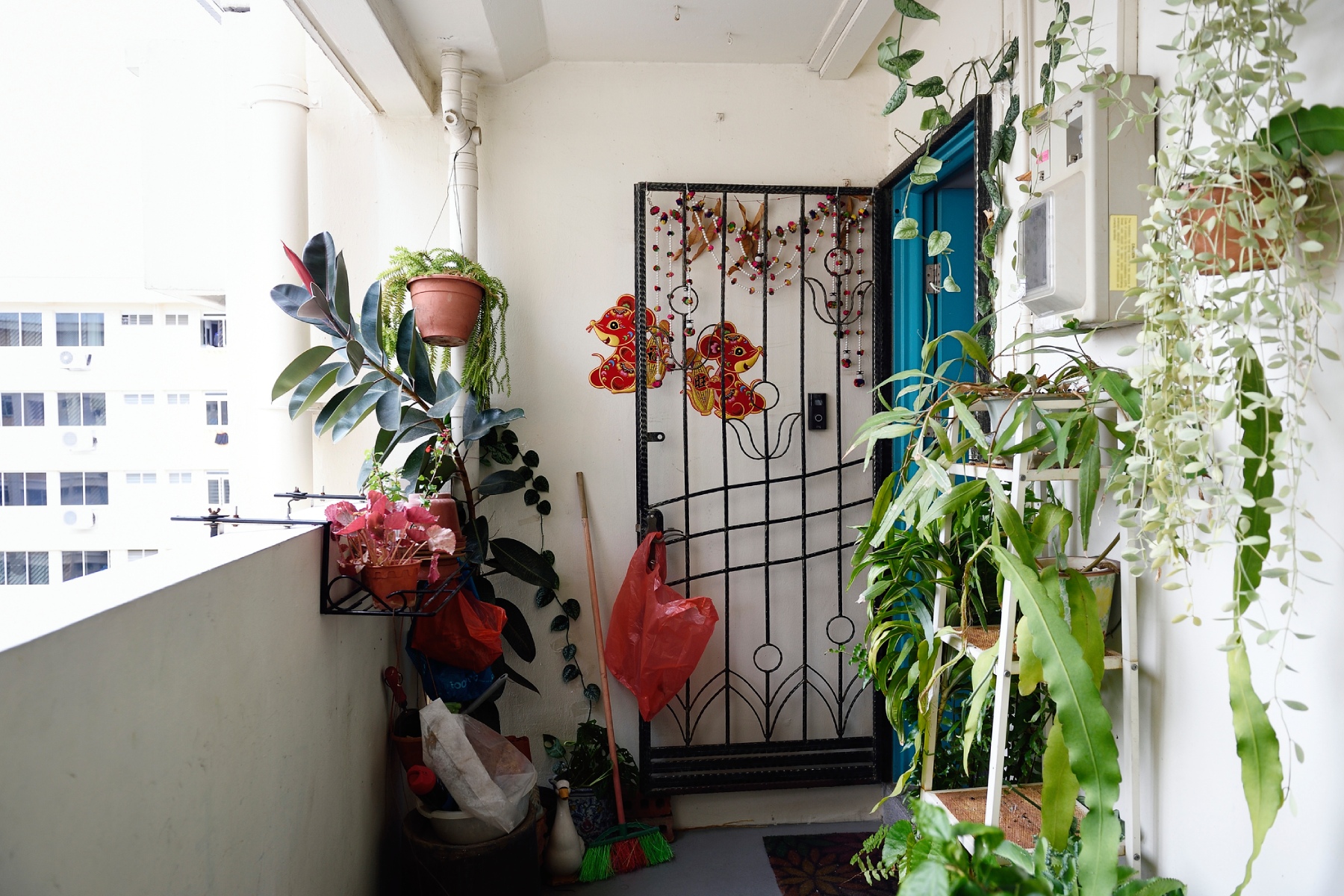Singapore is an educational powerhouse. With two universities ranked in the world’s top 50, this tiny country punches far above its weight. Although it is a multicultural country with four official languages, courses are often in English, making it more accessible to many international students.
As well as degree programs, Singapore has vocational colleges, polytechnics, and specialist programs to train for careers in sports and the arts.
Learn more about studying in the Lion City by reading these sections:
Wise
Do your finances go beyond borders? Then you need a fast and secure way to move money internationally. Wise is a global leader in online international money transfers, letting you move money at an exchange rate several times cheaper than your bank. Whatever your personal or business needs, Wise can make your money go further.
Higher education in Singapore
The Singaporean government has always emphasized the importance of an educated population, with around two-thirds of the nation having completed post-secondary studies. About 36% of Singaporeans have a university qualification, while 27% have attained a diploma, professional qualification, or vocational certificate.
A 2018 OECD report ranks Singapore as one of the top countries globally for upward educational mobility (i.e., children attain higher qualifications than their parents). It also boasts some of the highest youth literacy rates in the Asia-Pacific (APAC) region after increasing steadily across the last 15 years.
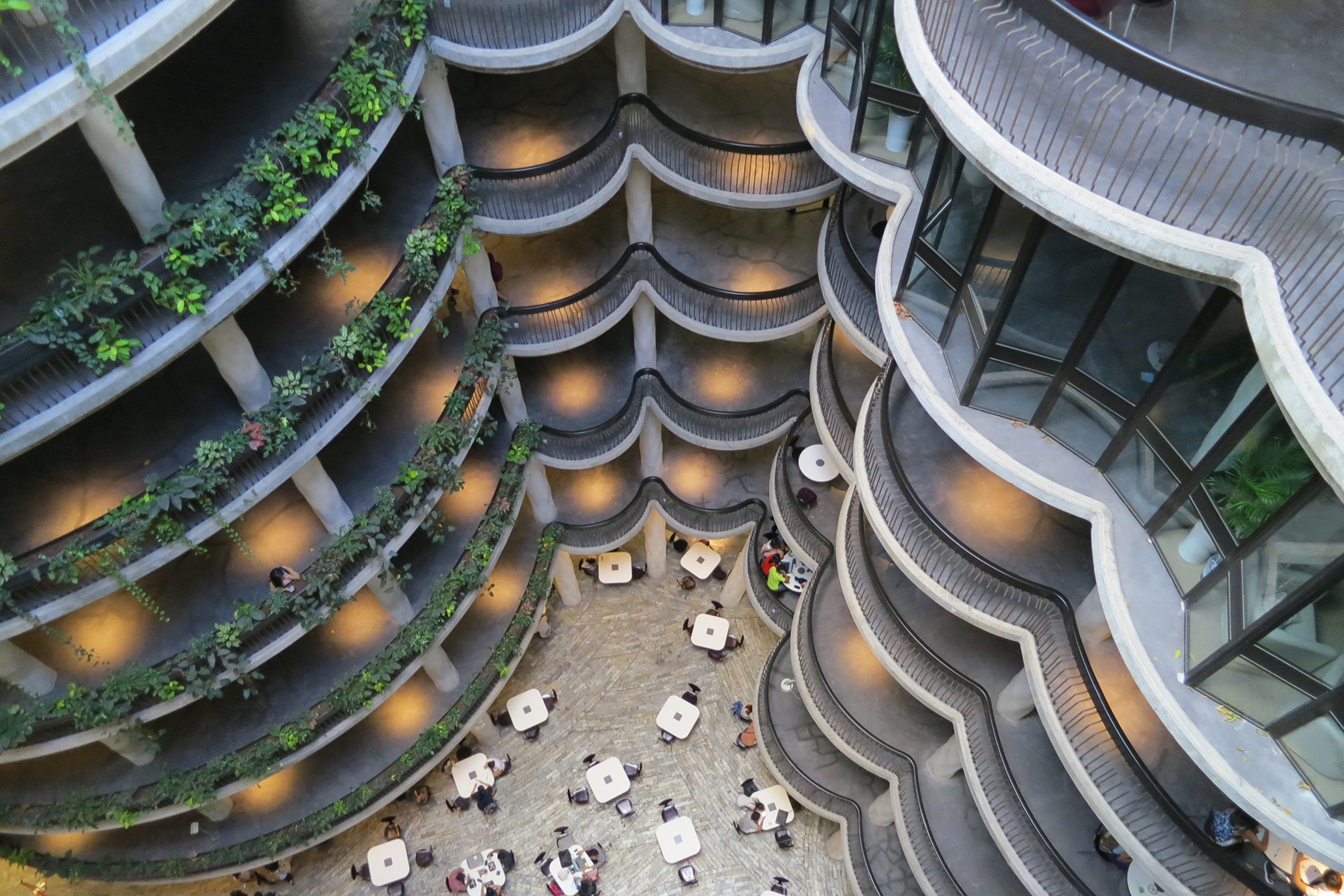
The Singaporean government maintains its policy of capping public university numbers to keep graduate unemployment low and ensure that degrees remain highly valued. At most, 30 to 40% of secondary school students graduate from university, while their peers attend other forms of post-secondary education. Despite public criticism that this promotes elitism, it remains in place.
However, the country is an attractive study destination for international students. Many come from other Southeast Asian countries, drawn by Singapore’s reputation for educational excellence. As such, the National University of Singapore has one of the highest percentages of international students in the world.
The country has several post-secondary institutes, providing a wide range of options, including:
- Public and private universities
- Specialist institutions focusing on business, the arts, technology, or sports
- Polytechnics
- Vocational training
Besides a couple of specialist graduate institutions for studying medicine and public policy, Singapore has six public autonomous universities (AUs) that are categorized into two types:
- Research intensive – more academic approach
- Applied degree – added practical experience and industry exposure
These universities use English as the language of instruction.
The Ministry of Education’s (MOE) Tuition Grant Scheme (TGIS) financially supports Singaporean and international students. Around 80% of foreign students utilize the funding under the agreement that they will work for a Singaporean company for three years after graduation.
Vocational graduates can enter the SkillsFuture Earn and Learn Program, a form of apprenticeship in which they’ll receive on-the-job training while getting paid.
Singapore’s degree programs
Singapore’s top universities are the National University of Singapore (NUS) and Nanyang Technological University (NTU). Along with the other four public universities, they offer degree programs such as:
- Bachelor’s degree (three years)
- Bachelor’s degree with Honors (four years)
- Bachelor of Medicine and Bachelor of Surgery (five years)
Bachelor’s degree
A Singaporean bachelor’s degree requires 120 units, which usually takes around three years. Indeed, 20 units must be allocated to Singaporean Studies and General Education, but the balance will be related to the student’s major. Depending on the field of study, graduates will be awarded the following degrees:
- BA (Bachelor of Arts)
- BSc (Bachelor of Science)
- BEng (Bachelor of Engineering)
- LLB (Bachelor of Law)
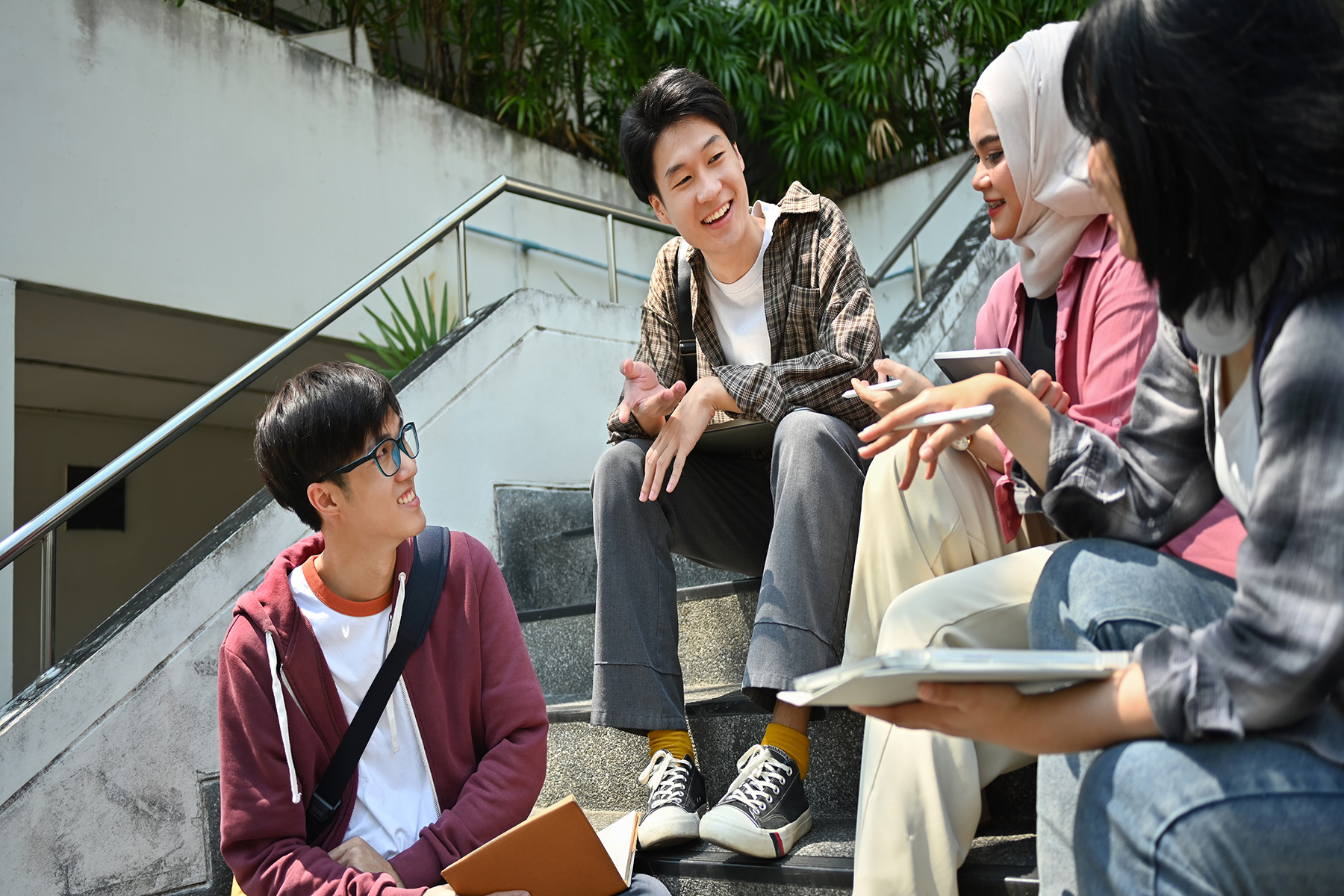
Fees vary between universities, but international students can expect to pay around S$25,000 to S$29,000 for a bachelor’s degree.
The university entry requirements include:
- Good pass results in at least four A-level subjects
- Completed a General Paper or Knowledge and Inquiry
- Project work
Note that Singaporean A-Levels are not the same qualification as British A-Levels.
Alternatively, if a student – local or international – did not graduate from a public Singaporean secondary school, they need to provide relevant proof of their academic achievements, for example:
- An International Baccalaureate (IB)
- A relevant diploma from a polytechnic
- An accepted high school diploma from abroad
Bachelor’s degree with Honors
This qualification is similar to the standard bachelor’s degree but requires 160 units, meaning students usually graduate after four years of study. As such, fees are higher, costing around S$33,000 to S$38,000 in total.
Medical school: MBBS
This is a five-year course that leads to a Bachelor of Medicine and Bachelor of Surgery (MBBS) qualification.
Students who want to become doctors will need specific A-level results, including a good H2 pass in chemistry and either biology or physics.
Of course, this is the most expensive undergraduate course in Singapore. For the 2023/2024 academic year, students without tuition fee grants will pay around S$168,308 annually.
Postgraduate programs in Singapore
Singaporean universities offer postgraduate programs in addition to undergraduate studies. Generally, you must have a Bachelor’s degree with Honors to gain admission.
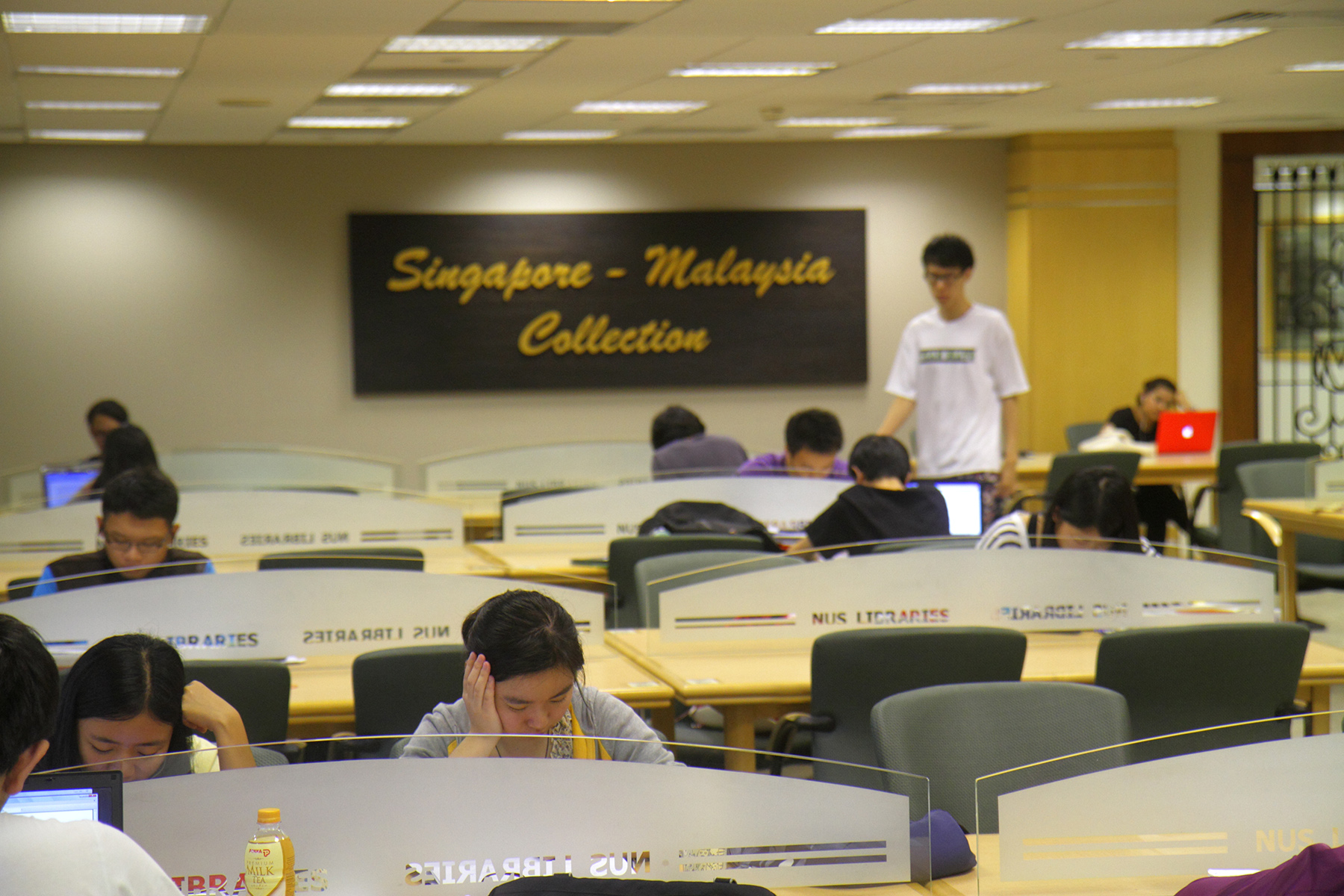
There may be additional requirements if your undergraduate degree is from another country. For example, graduates from a university that does not use English as the medium of instruction will need to take language proficiency, such as:
- The International English Language Testing System (IELTS)
- Test of English as a Foreign Language (TOEFL)
The Graduate Record Examination (GRE) admissions test may also be required, depending on the university where you previously studied. The GRE measures a candidate’s preparedness for graduate studies and includes sections on verbal reasoning, quantitative reasoning, and analytical writing skills.
Master’s degree
As with a bachelor’s degree, your exact qualification will depend on your field of study, for instance:
- MA or Master of Arts (e.g., humanities, social studies, arts, and languages)
- MSc or Master of Science (e.g., chemistry, physics, biology, and mathematics)
A master’s degree in Singapore usually requires up to 18 months of study. Some courses offer students the option of studying part-time, which can take up to three years to complete the program. Tuition fees are usually around S$30,000 at public universities but may be as high as S$70,000 at private universities.
Academic institutions such as NUS and NTU offer research (i.e., more academic) and coursework-based master’s degrees. The latter is more practical, preparing students for professional life.
Doctoral degree
To enter a Doctor of Philosophy (PhD) program in Singapore, you will usually need a master’s degree. In some cases, a Bachelor’s degree with Honors may be enough, but this is decided on a case-by-case basis.
Typically, students take around four years to complete a PhD, but it depends on their availability and the complexity of the research. Generally, you can expect to pay between S$40,000 and S$50,000, with the costs in private institutions far higher.
Teacher training degree
Only one institution in Singapore offers teacher training degrees; the National Institute of Education (connected to NTU). The qualification is the Postgraduate Diploma in Education (PGDE), and the course lasts 16 months or two years for Physical Education (PE) teachers.
The Ministry of Education covers the tuition fees. However, graduates are obliged to work for three years as teachers in the Singaporean public education system after completing their qualifications.
Vocational and other study programs in Singapore
Singapore has several options for students who want to continue their education without attending a university. Many of them focus on hands-on experience, letting students do work placements. Some are specialist options leading to specific pathways and careers.
Polytechnic diploma programs
Five public polytechnics are offering practice-based learning. Students who attend these schools will have the chance to get work experience in placements that may last from six weeks to six months.
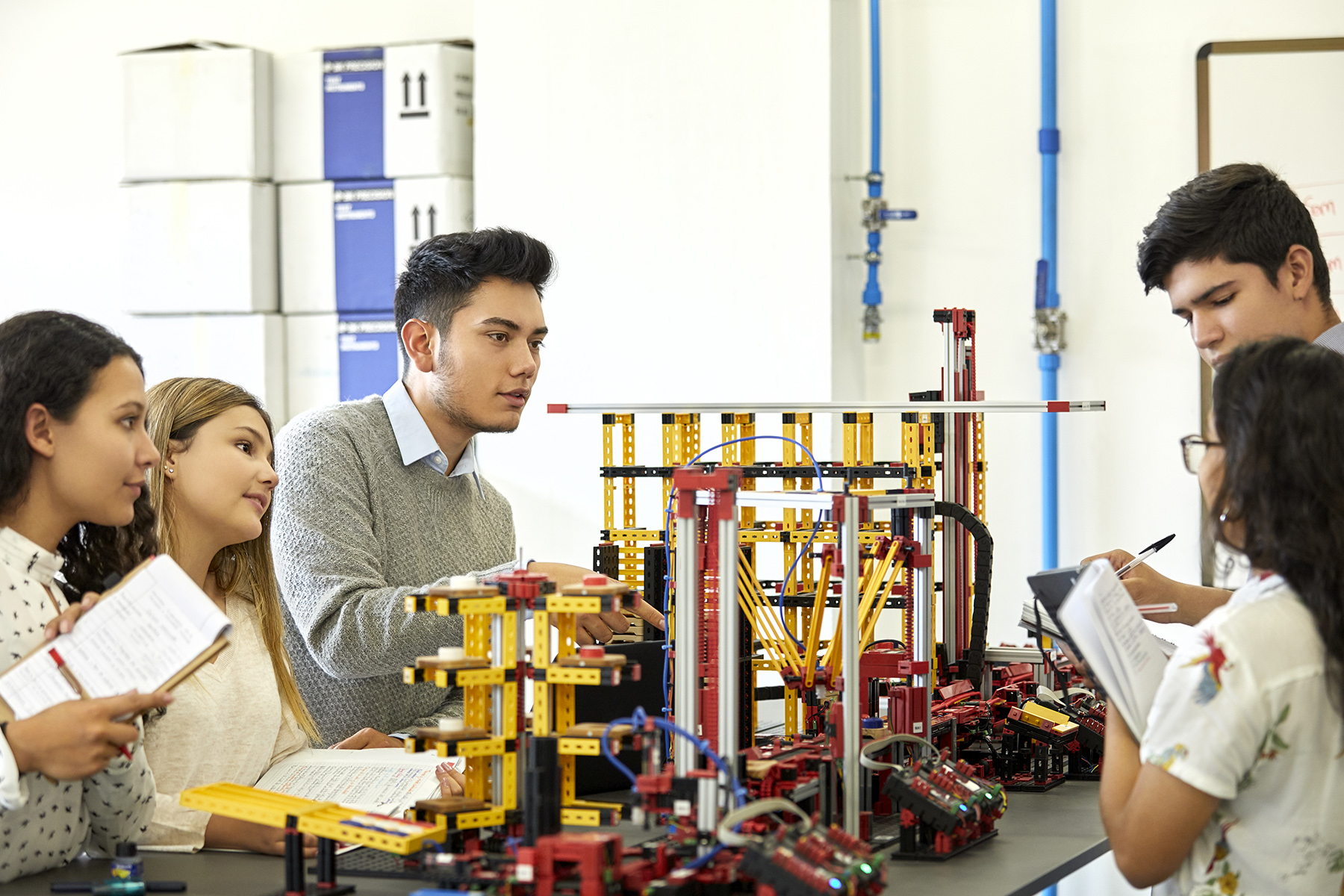
Polytechnics offer diplomas in areas like:
- Business management
- Design and media
- Engineering
- Health and social sciences
- Information technology
Both full-time diplomas and part-time courses are available. A full-time course usually takes three years to complete, while part-time programs are more relaxed, offering continuing training and development to working adults.
International students usually pay around S$12,000 for an academic year at a polytechnic.
National Institute of Technical Education Certificate (Nitec) programs
The Institute of Technical Education (ITE) offers students full vocational training in numerous fields, for example:
- Applied and Health Sciences
- Business and Services
- Design and Media
- Electronics and Info-comm Technology
- Engineering
- Hospitality
After two years of study, students will graduate with a National Institute of Technical Education Certificate (Nitec) and often start their professional careers. They can also study for three years – a Higher Nitec – to gain entry to a polytechnic and continue their studies.
There are three fee tiers for Nitec students:
- Singaporean citizens: Pay less than S$500 per year
- Permanent residents: Pay around S$5000 per year
- International students: Fees start from S$16,000 per year
ITE also has other courses available, such as two-year traineeship programs. These allow students to study while working to earn a full-time salary and offer pathways into fields like:
- Aircraft technology
- Automotive engineering (e.g., mechanics)
- Fashion
- Marine and offshore technology
- Service management
Specialist programs
Singapore has several institutes for students who want to specialize in a specific field. For example, the Singapore Aviation Academy (SAA), the IPOS International (i.e., intellectual property), and the Building and Construction Academy (BCA) all offer diploma programs in their respective fields. Most of these are open to secondary school students who have graduated.
The University of the Arts Singapore (UAS) offers performing and visual arts courses and may have additional entry requirements involving auditions and portfolios.
The fees and course lengths vary considerably, depending on the institution and qualification, so contact the school’s administration office directly for a prospectus.
Qualifications awarded in Singapore
Singapore’s public universities are highly ranked globally, so you can expect that a degree or postgraduate qualification will be highly regarded internationally.
However, some degrees may limit where you can work. For example, Singapore is a common law country, meaning a local law graduate can only practice in a civil law country if they pursue further studies to incorporate other legal systems.
Not all of Singapore’s private universities have international recognition. If you’re interested in studying in Singapore at one of these institutions, be sure to do your research first.
General requirements for studying in Singapore
Visa requirements
If you already have a dependent’s pass or long-term visit permit, you won’t need additional documents to study in Singapore. If not, you must acquire a student visa.
First, you’ll need to enroll in a course in Singapore. If your application is successful, you can apply for your student’s pass. Always check with the Immigration and Checkpoints Authority (ICA) for the most recent medical requirements, but these may include the following:
- COVID-19 vaccination
- Chest X-ray (tuberculosis)
- Health checkup
Language requirements
Universities and other post-secondary institutes in Singapore teach in English. If you are applying for an undergraduate course, you must achieve a high score on an English proficiency test that covers the four skills of reading, writing, speaking, and listening.
Individual institutions can set their own requirements. For example, NUS allows students to apply after taking a range of different tests, including:
| Test | Minimum score |
| Cambridge CAE | 180 |
| IELTS | 6.5 (reading and writing) |
| TOEFL | 92 |
Singapore Polytechnic has slightly lower entry requirements. Students will need an overall 6.0 IELTS score or a minimum of 78 on TOEFL.
At the postgraduate level, language requirements usually depend on your undergraduate degree. If you studied at a university with English as the medium of instruction, you may not need to demonstrate your proficiency; if not, you will likely be asked to take the IELTS or TOEFL exam.
There is no language requirement for Singapore’s other official languages unless you are specifically applying to train as a Mother Tongue Language teacher.
Getting overseas qualifications recognized
The Ministry of Education does not play a role in recognizing overseas qualifications. Instead, each institution takes responsibility for its applicants. You will generally need to communicate directly with the admissions office to check your qualifications.

At the postgraduate level, institutions like NUS will only accept qualifications from reputable universities. Again, you will need to contact the admissions office to see if your undergraduate university qualifies.
In 2021, Singapore adopted the Hague Convention. As such, you may need to have your degree certificate, transcript, and other educational documents apostilled before the university will accept them.
How much does it cost to study in Singapore?
Studying in Singapore can be expensive. Tuition fees vary, with private universities charging considerably more than public equivalents.
International students without tuition grants can expect to pay between S$30,000 and S$40,000 a year while studying. This amount is divided equally, with half payable at the start of each semester.
Degrees in medicine and dentistry cost significantly more, over S$160,000 per year.
Study grants and funding available
There are three tiers of tuition grants in Singapore. For example, course fees of around S$38,000 can reduced to the following amounts:
| Tier | Who | Reduced fees |
| A | Singaporean citizens | Under S$10,000 |
| B | Permanent residents | Around S$11,000 to S$13,000 |
| C | International students | About $18,000 |
As an international student, you’ll need to apply for Tier C funding. Places are limited, and the application system can be highly competitive as grants are based on academic merit. International students who receive funding are obliged to work for a Singaporean company for three years after graduation. Alternatively, they need to pay back the fees.
Likewise, some postgraduate degree courses at NUS, NTU, and Singapore Management University (SMU) are part of the Service Obligation Scheme. This bond program offers international students heavily subsidized fees in exchange for three years of full-time employment with a Singaporean entity.
How do you apply to study in Singapore?
The university academic year in Singapore starts in November when the application window for the following year’s admissions also opens. Generally, students have until March to apply and will receive an acceptance or rejection letter between May and July.

Applicants will need to contact each university individually; there is no centralized governing body. Depending on the degree course and the applicant’s academic background, there will be different criteria. For example, NUS outlines its required criteria for students from around the world with 28 types of high school qualifications.
As part of the application process, you must supply the following paperwork:
- Secondary education qualifications
- Degree choices
- Personal statement
- A list of achievements
All documents must be in English or translated into English using a service like lingoking.
Applicants should send copies of their original qualifications, as the university will not return them.
Institutions will charge a small, non-refundable application fee; for example, at NUS, it’s S$20, while NTU charges S$25 for international students.
What’s student life like in Singapore?
The number of lecture contact hours will vary according to your university degree; courses like medicine have far more class hours than literature or history, for example.
However, Singapore’s universities usually strongly emphasize independent learning, expecting students to take responsibility for their academic development. On paper, you might have just a few contact hours while studying in Singapore, but you might find you spend a lot of your free time in the library.
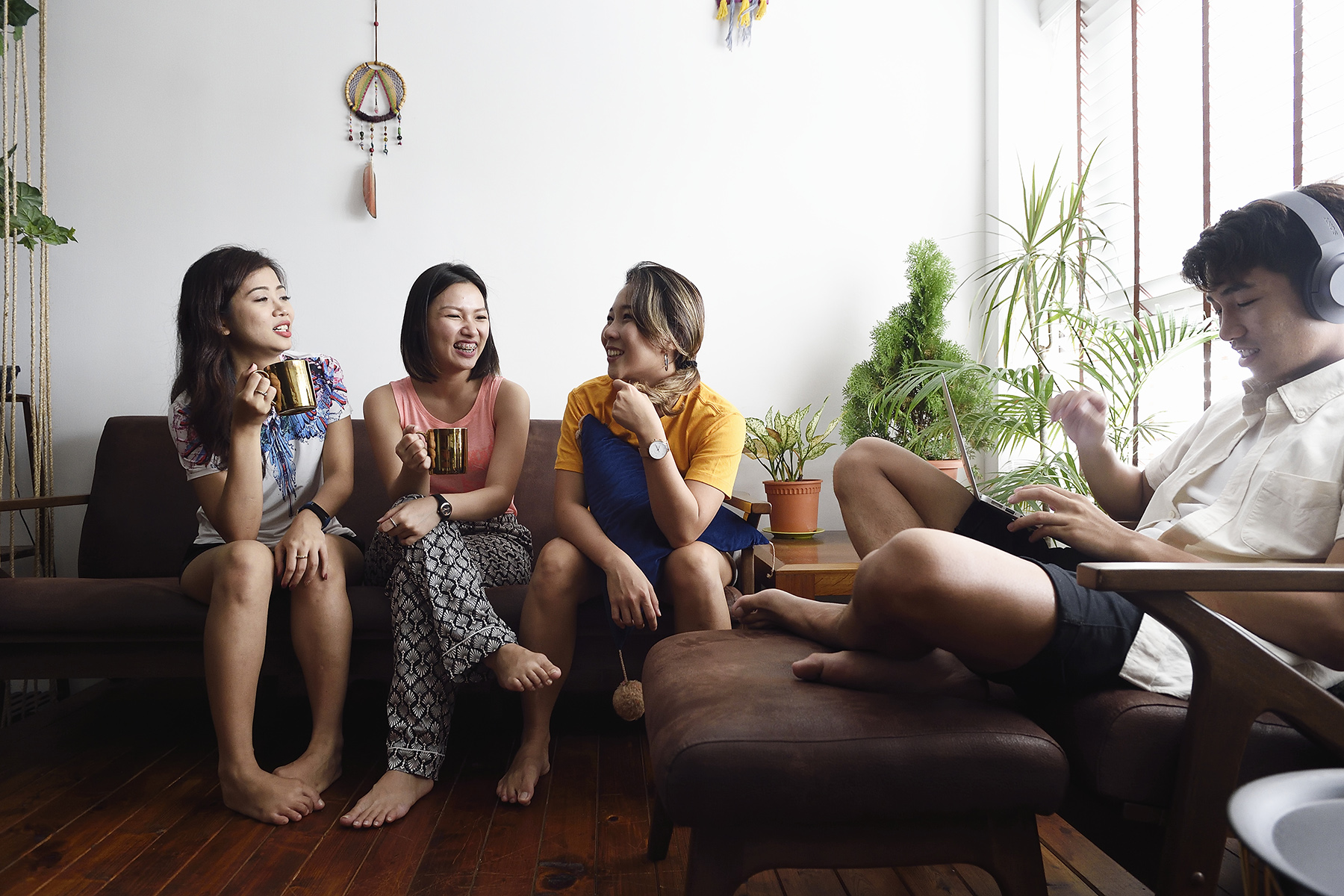
Despite that, university life can be fun in Singapore. Most universities have many clubs and societies covering all kinds of sports, hobbies, and passions. Campuses are also well-equipped with gyms, sporting facilities, and recreational areas. If you live in student housing, you’ll probably find many opportunities to engage in social activities and make new friends.
Moreover, the country’s universities have great public transport connections, giving you ample opportunities to socialize off-campus or explore this small city-state.
Student accommodation options
Fortunately, Singaporean universities generally provide student accommodation, especially for new entrants, as renting private housing is expensive.
At NTU, for example, new students are guaranteed a place in campus housing for the first two years of their degree. If they want to continue living on campus in their third year, they’ll have to participate in university life through extracurricular activities. There is also on-campus housing for graduate students, but supply is limited.
Rates vary. Students who want to save money can opt for a shared room without air conditioning (AC); single rooms with AC units will command a premium. Most rooms have a shared bathroom, but some have an en-suite. Again, this will increase the price. A single, en-suite room with air conditioning will cost as much as S$700, while a shared room with a common bathroom and no AC may only cost half that amount.
NUS also has various housing options, including halls of residence, large houses, residential colleges, and student residences.
Halls of residence have the most college spirit; if you live in one of these buildings, you can engage in several extracurricular activities, fun events, sports clubs, and more. Halls of residence and residential colleges have a compulsory meal plan, so you’ll have to look elsewhere if you want to cook for yourself. Vegetarian and halal options are always available.
The NUS student residences generally offer no-frills accommodation without a meal plan or AC and can be a good choice for students on a budget.
Can you work while studying in Singapore?
You can usually work in Singapore, if you hold a student’s pass. However, this only applies if you are a registered student at one of the government’s approved institutions. Students at private universities and specific other academies cannot work; clarify this with your school.
There are no restrictions on the type of job, but during term time, international students can only work a maximum of 16 hours per week. They are free to work full-time during the school break.
As international students lose their right to work in Singapore when they graduate, they must apply for a work permit to continue their career in the country.
Volunteer work
Many students like to spend their free time giving something back to the community.

In Singapore, the government’s volunteer website – SG Cares – has a comprehensive directory of opportunities, for example:
- Working with animals, children, or senior citizens
- Coaching sports teams
- Picking up litter
- Taking part in environmental campaigns
Students may be particularly interested in the Youth Corps, a volunteer organization run by and for young people. It organizes opportunities to volunteer overseas, particularly in impoverished parts of Southeast Asia.
Student healthcare in Singapore
Full-time students in Singapore are obliged to subscribe to their university’s health insurance scheme. This usually covers medical care, accidents, and injuries. You’ll need to pay the premiums at the same time you pay your tuition fees.
For extra peace of mind, you can consider taking out private health insurance, such as with:
Some universities also offer travel insurance, which will only cover students when they embark on a degree-related trip, or you can get private coverage with a plan like Allianz Assistance.
Student exchange programs
Individual universities have their own study exchange programs. For example, the NUS Student Exchange Program has over 300 partner universities in 40 countries around the world. Around 2,000 students from NUS take part each year.
Your Grade Point Average (GPA) will play a large part in whether or not your application is successful. Additionally, some of the partner universities request interviews with exchange candidates. Some bursaries, awards, and scholarships are available for this exchange program.
NTU also has several options for student exchange, including internships abroad. The India Connect program is particularly popular. It operates at the Ph.D. level, allowing doctoral candidates from India to travel to Singapore and vice-versa.
Career prospects after graduation
Singaporean graduates are in high demand. Almost 94% find employment within six months of graduating. Students with degrees in dentistry, engineering, nursing, and business administration are among the most likely to be in full-time employment, and graduates with an honors degree are more employable than those with a bachelor’s degree.
Apparently, graduates with a degree in industrial design struggle the most to find employment. Six months after graduation, only two-thirds were employed, with less than half in permanent, full-time jobs.
Once you finish studying in Singapore, you’ll need to get a work pass to stay in the Lion City and start your career. This will generally require sponsorship from an employer.
Remember, if you have successfully applied for tuition grants during your studies, you might be obliged to work for three years for a Singaporean entity. Your bond starts immediately after graduation, and you should find suitable employment within three months, so start your search before completing your studies. You don’t need to work for the same employer during these three years.
Useful resources
- Ministry of Education (MOE) – an overview of post-secondary education institutions (PSEI)
- Tuition Grant Scheme – the government’s funding scheme for students
- Immigration and Checkpoints Authority (ICA) – application information and process for a student pass


